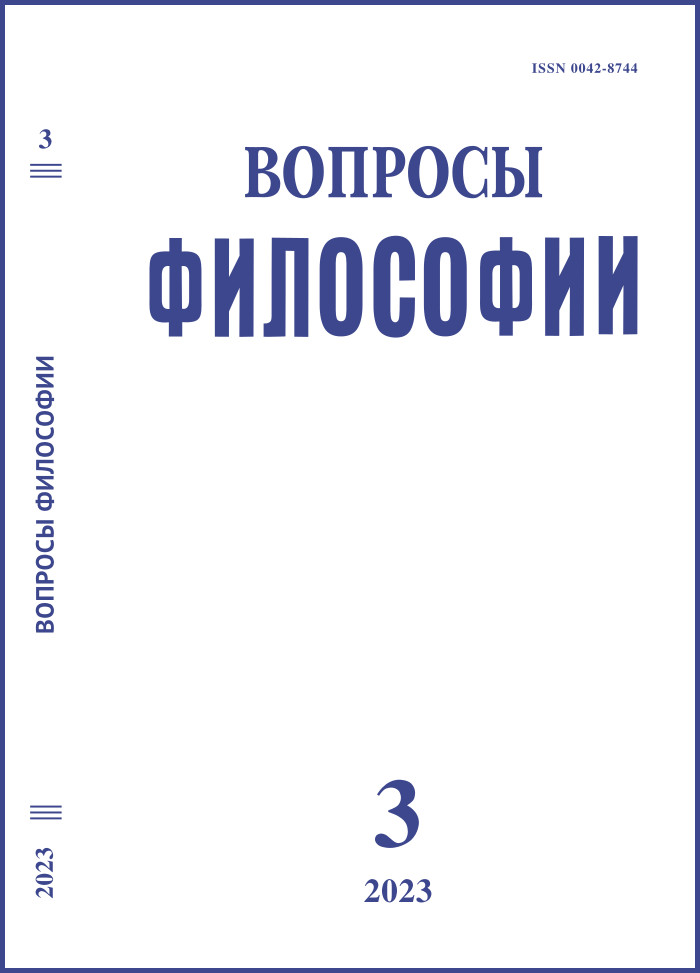The Problem of Nihilism in Russian Silver Age Philosophy
DOI:
https://doi.org/10.21146/0042-8744-2023-3-70-80Keywords:
nihilism, rationalism, Orthodoxy, eschatology, modernityAbstract
Nihilism is one of the central problems of the philosophy of the Silver Age. If Russian literature, represented by I.S. Turgenev and F.M. Dostoevsky, acutely foresaw the onset of the era of nihilism and depicted many of its images, then the philosophy of the Silver Age was engaged in a deep study of the causes of nihilism and ways to overcome it. From the perspective of philosophers in the Silver Age, the prevalence of nihilism is closely related to the decline of religious beliefs, the limitations of Western civilization models, and the rampant logic of capital. Facing the erosion of nihilism, Russian thinkers tried to overcome it by returning to faith and rethinking the spirit of the new man. In an attempt to resolve the crisis of nihilism in the contemporary world, they actually proposed an outline of a modern model of society. Unlike the Western model, which mainly relies on the material, rational, and technological, this model addresses the human soul to a much greater extent, suggests the revival of faith and the emergence of a new person, draws a sketch of a new civilization. This is one of the lessons that it would be useful for the modern world to draw from Russian philosophy at the turn of the 19th–20th centuries

